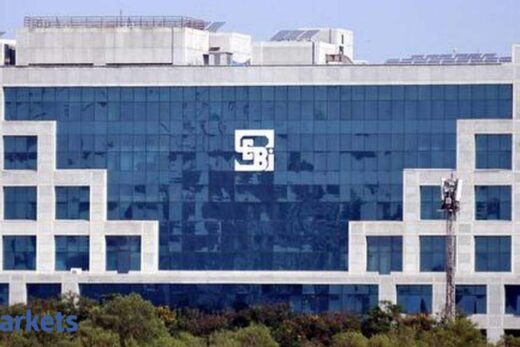The Employees’ Provident Fund Organisation (EPFO), via a circular issued on May 31, 2021, has streamlined the process of granting medical advance in case of emergency hospitalisation on account of serious life-threatening diseases including novel coronavirus pandemic.
Here is a look at how one can avail the advance against their EPF balance, as per the latest EPF circular.
Steps for taking medical advance
The medical advance will be given to the employee or the family member of the patient by following the below-mentioned steps:
a) Patient must be admitted in a government/Public Sector Unit (PSU)/CGHS empanelled hospital for the treatment. If he/she has been admitted in a private hospital due to an emergency, then the competent authority will examine the case and only then medical advance will be given.
b) Employee or a family member will be required to submit a request letter mentioning the details of the hospital and patient. The letter must mention that estimate is not known, thus, a medical advance must be given.
c) A medical advance of up to Rs 1 lakh will be granted for treating the employee or for depositing the advance with the hospital for starting the treatment. This medical advance must be granted immediately preferably on the same day if it is a working day else on the immediate succeeding working day after the receipt of application of advance. The grant must be made without insisting for the estimate of expenditure from the hospital/other documentation.
d) Additional advance can be given if EPFO withdrawal rules permit. However, such advance will be issued only after the receipt of estimate for treatment subsequently but before the discharge of the patient of the hospital. However, the additional advance will be reduced by the previously sanctioned amount.
e) Medical advance amount can either be credited to the salary account of the employee or can be paid to the hospital concerned at the request of a family member.
After discharge from hospital
An employee will be required to submit medical bills within 45 days from the date of discharge. The amount of medical advance will be adjusted from the final bill of the hospital as per the EPF withdrawal rules. Depending on the amount that an EPF member is eligible to receive, the adjustment of medical bill or recovery of advance must be done while processing the medical bills of the employee.
What the EPF withdrawal rules states
There are certain conditions that must be satisfied to be eligible to withdraw money from one’s EPF account. As per the EPF scheme rules, the money for a medical emergency can be withdrawn for the treatment of specified procedures of self and family members.
The amount of money that can be withdrawn is the least of the following:
a) 6 months’ basic wages and dearness allowance of member or
b) Member’s share of contribution with interest
The money can be withdrawn any time after the joining of the EPF scheme.
Also Read: EPF withdrawal rules: Step-by-step guide to withdraw money online
Why the decision was taken
“In life-threatening diseases, many times it becomes imperative to get the patient immediately admitted in hospital on emergency to save his/her life and it is not possible to get the estimate from hospital in such situations. A need is felt for streamlining the advance facility for such serious in-patient’s treatment in hospital whenever family members of employees are not able to manage estimate from hospital concerned in which such patient has been admitted in emergency. Sometimes patient employee maybe in ICU where estimate is not known in advance,” said the circular.



